 |
| May 26, 2021 |
 |
| |
| |
| |
| |
| |
| |
| |
| Climate A Better Way to Cool Ourselves A new technique doesn't deprive us of fresh air—and because it uses less energy, it's good for the climate as well | | By Forrest Meggers,Dorit Aviv,Adam Rysanek,Kian Wee Chen,Eric Teitelbaum | | | |
| Policy & Ethics How COVID Changed Science What is unprecedented is not just the speed and focus with which the community responded to the pandemic but also the singular willingness of scientists all over the world to share new ideas and data immediately and transparently | | | | |
| |
| Space Decoded: What Are Black Holes? The mysteries packed inside these invisible space objects stretch our concepts of space and time |  | By Michael Tabb,Andrea Gawrylewski,Jeffery DelViscio,Macarena Carrizosa | | | |
| |
FROM THE STORE
 | | Mysteries of Life in the Universe How did life begin on Earth? Does it exist elsewhere? What would those life forms be like? These fundamental questions about the nature of life and our own cosmic significance are endlessly fascinating. In this eBook, we present several theories on the origin of life, some of its extreme and surprising forms and the ongoing search for signs – or sentience – on distant worlds. |  | | |
| |
FROM THE ARCHIVE
 | | | |
| |
LATEST ISSUES
 |
| |
| Questions? Comments?  | |
| Download the Scientific American App |
| |
| |


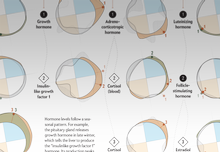


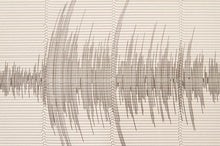
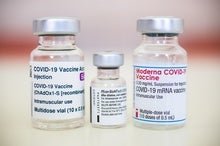






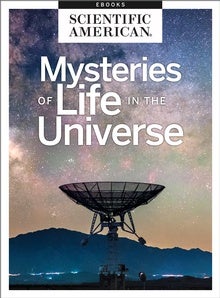




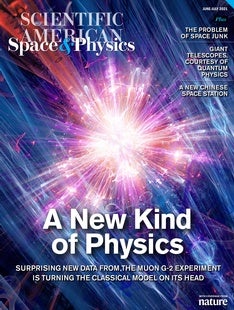

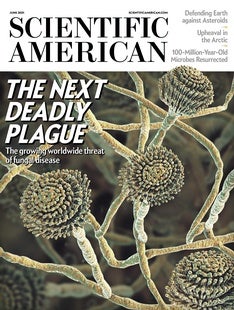

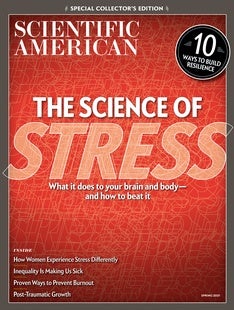



Comments
Post a Comment